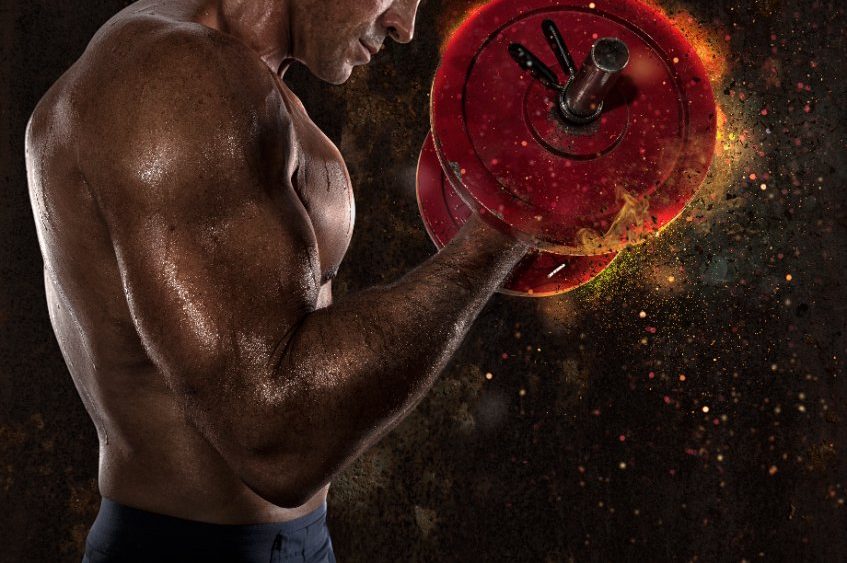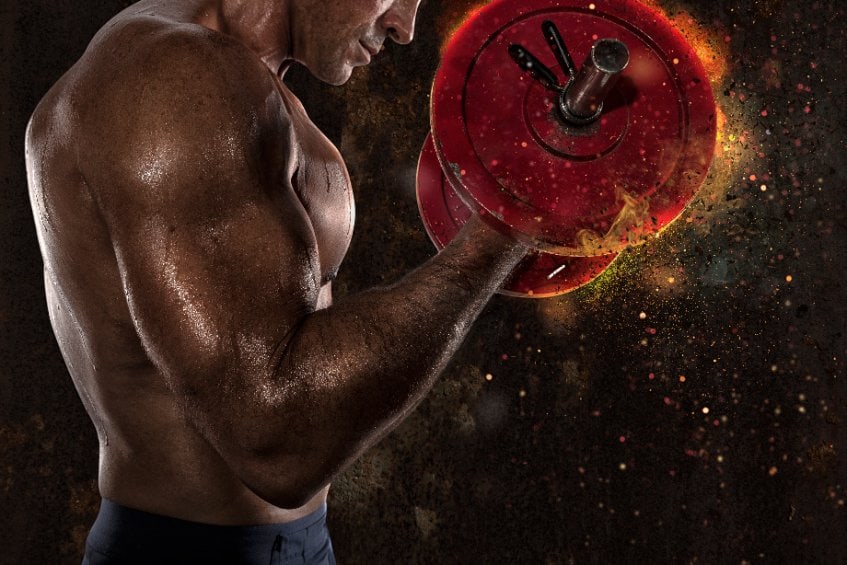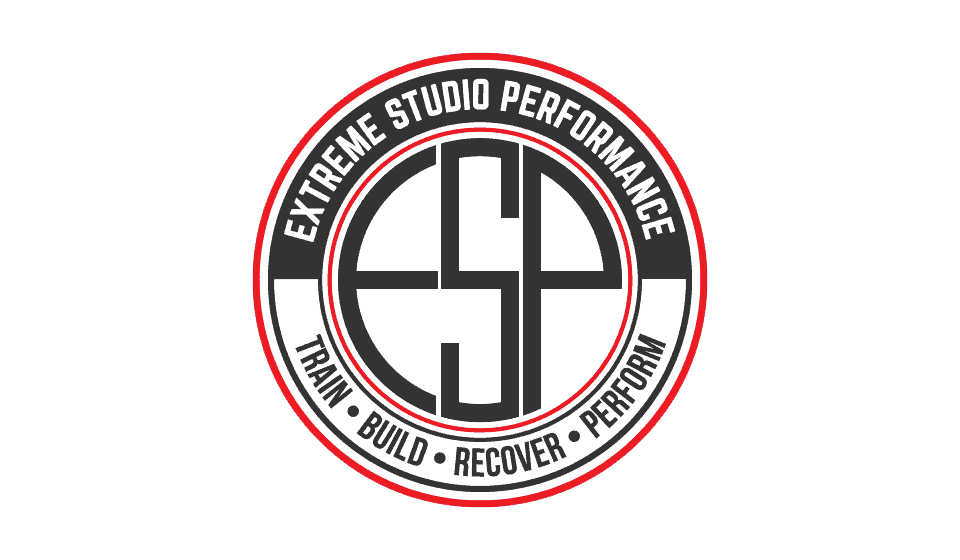
If you’ve never worked out before, muscle soreness may seem like a pain and possibly the worst part about working out. Barely being able to make it up the stairs after a crazy leg day may feel like punishment, not reward, for a job well done.

After you’ve trained for a bit, themeaning of muscle soreness will transform into the blessing of a job well done. In fact, after a hard workout, you may think, “whoa, am I ever going to be sore tomorrow?!” And if you aren’t sore, you may even feel cheated or like your workout missed the mark.
There’s just one problem with that thinking. If your goal is muscle growth and strength gains, your muscles might lying to you!
The truth is that muscle soreness is not directly caused by muscle and strength gains. The one thing you can know for sure about being sore is that there was some level of damage to your muscles. That’s the end of it. Anything beyond that is pure speculation and does not necessarily mean that you gained strength or muscle.
You could do 1000 lightweight curls or 100 floors on the Stairmaster (which would certainly burn a bunch of calories and make you sore) without gaining strength or putting on muscle. In that sense, using soreness as a gauge of a successful workout is dangerous because you (and your muscles) can trick yourself into thinking you’re making progress.
The two ways you can feel certain that you are gaining muscle and strength. First, did you push up to mechanical failure or just before it? We’re not talking about when it started getting hard to move the weight; we’re talking about hitting the point that you couldn’t move the weight a single inch while maintaining proper form if everything depended on it.
The second mark of successful workouts is measuring progress. Did you lift more weight or do more reps than you did the previous week? If so, the previous week’s workout helped you to build muscle and gain strength. If not, then you didn’t.
Things like feeling the burn during the lift, seeing the huge muscle pump after an intense lift, or even soreness the next day can all give you false signals of success. That is why these two measures of a successful workout are the best way to know if you’re gaining muscle and strength from your efforts.
If you’re training to failure, it’s much safer to have a partner or personal trainer to lift with and help you when you reach the failure point. Lifting with someone else is infinitely safer and can also provide the motivation to push past limits that you couldn’t by yourself.
Documenting your progress is also crucial for minoring gains from week to week, month to month, and so on. If you struggle with documentation, a personal trainer can help you to track your progress and set realistic goals for your gains. An added bonus is being able to see your successes. It’s a great feeling looking back several months and seeing your progress and how much you’ve accomplished – which helps to stay on track and continue to make progress moving forward.
While it is true, that muscle soreness does tell you that your muscle was damaged, it doesn’t tell you if you’re making progress toward muscle or strength growth. Use the two checks from above to really know if you’re growing or just spinning your wheels. if you’re in the Park Cities area and looking for an amazing gym to train at, consider stopping by Extreme Studio Performance to see what a gym focused on real success stories looks like.. and then be a part of it!
